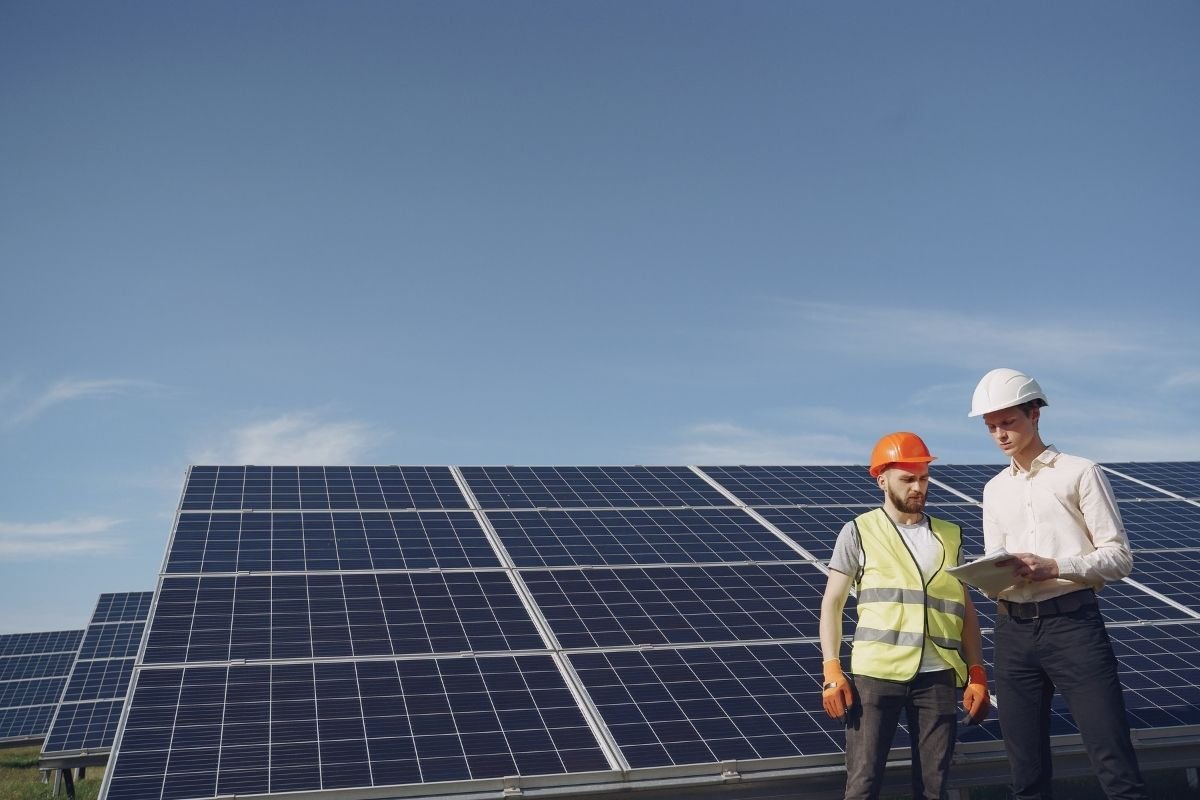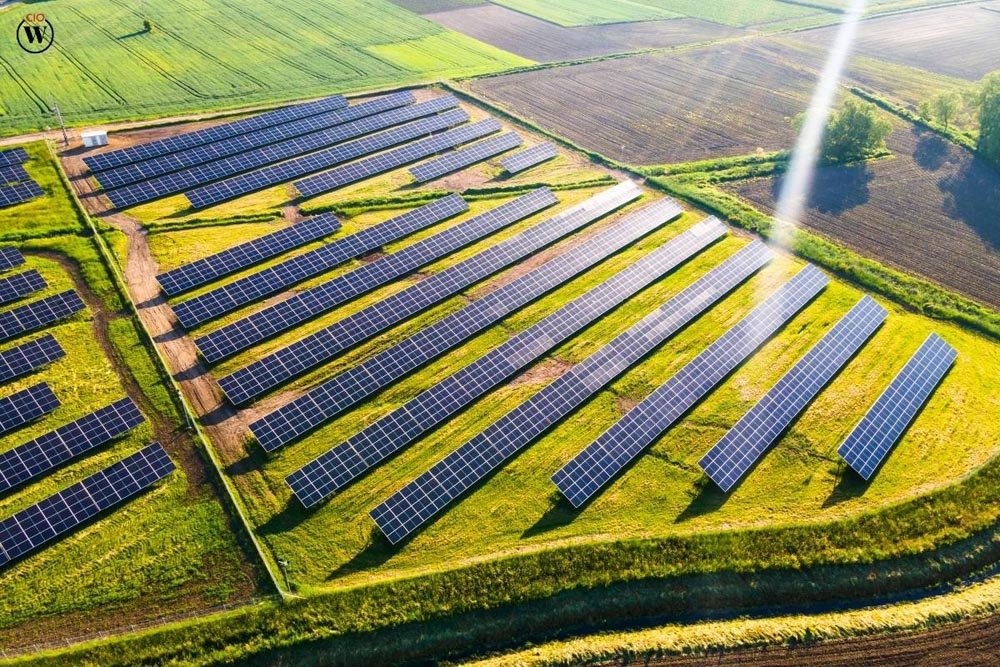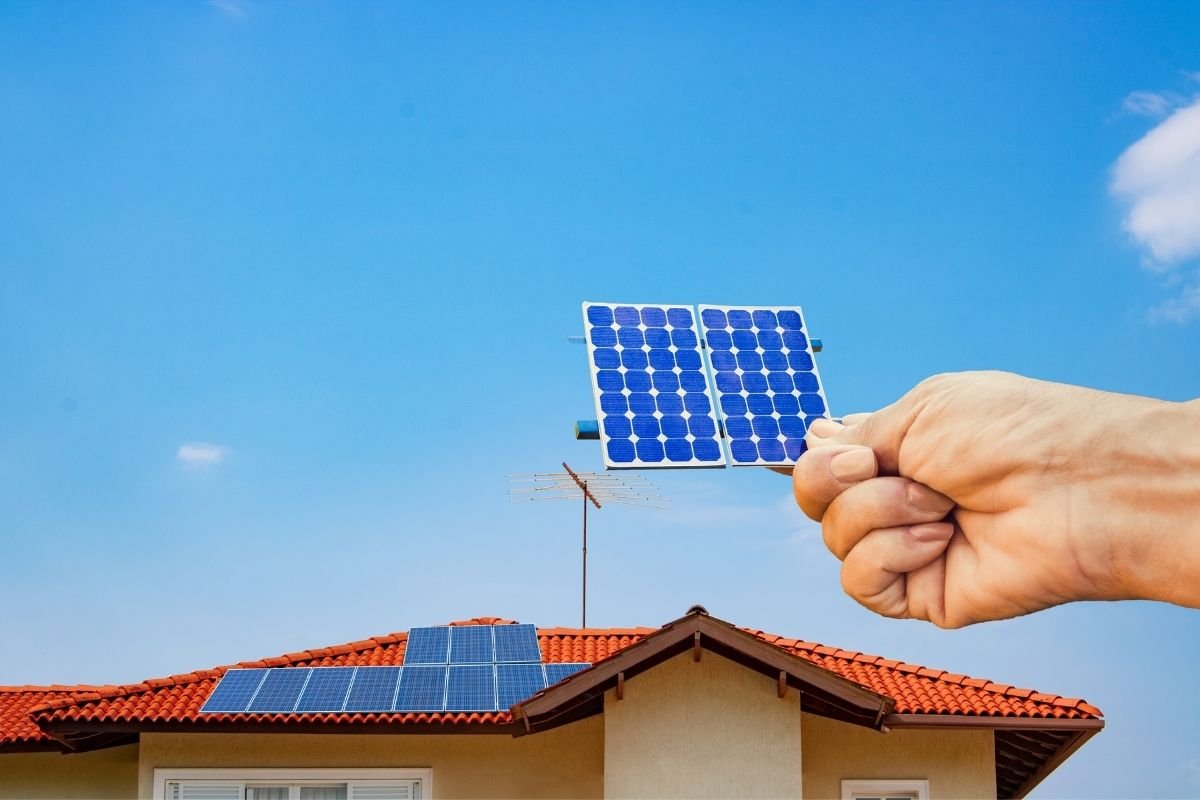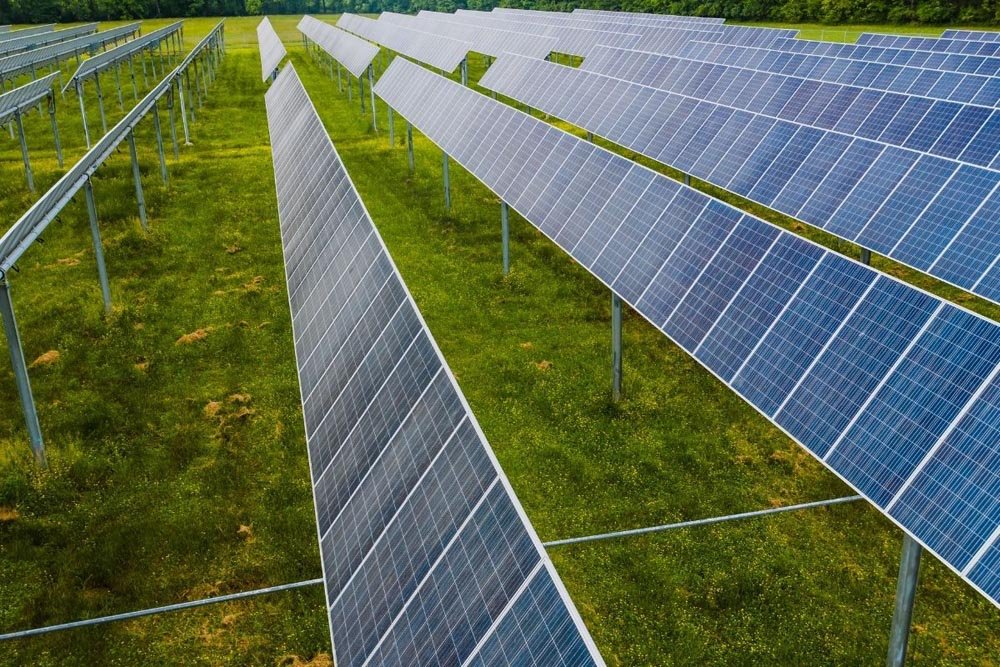As the world becomes increasingly aware of the importance of sustainable energy sources, solar energy has emerged as a front-runner in the race to reduce carbon footprints and promote environmental conservation. Beyond its environmental benefits, solar energy offers significant financial advantages to homeowners and property investors. This article delves into the relationship between solar energy and property value, exploring how the adoption of solar energy systems can enhance the market value of properties.
Understanding Solar Energy
Solar energy is harnessed from the sun using photovoltaic (PV) panels, which convert sunlight into electricity. This renewable energy source is abundant, sustainable, and has minimal environmental impact compared to traditional fossil fuels. The installation of solar panels on residential and commercial properties has surged over the past decade, driven by technological advancements, government incentives, and a growing consciousness about environmental sustainability.
The Impact of Solar Energy on Property Value
Increased Market Demand
One of the primary reasons solar energy boosts property value is the increased market demand for energy-efficient homes. Buyers are becoming more environmentally conscious and are actively seeking properties with green energy solutions. Homes equipped with solar energy systems are perceived as modern, cost-effective, and forward-thinking investments.
Cost Savings on Energy Bills
The financial benefits of solar energy extend beyond the initial installation. Properties with solar panels can significantly reduce or even eliminate electricity bills, providing long-term savings to homeowners. This reduction in operational costs makes solar-equipped homes more attractive to potential buyers, subsequently increasing their market value.
Government Incentives and Rebates
Various government incentives and rebates are available to homeowners who install solar energy systems. These financial benefits can offset the initial costs of installation, making solar energy an economically viable option. Additionally, the presence of solar panels can make a property eligible for certain tax credits and grants, further enhancing its appeal and value.
Studies on Solar Energy and Property Value

Several studies have been conducted to quantify the impact of solar energy on property value. The Lawrence Berkeley National Laboratory (LBNL) conducted a comprehensive study across multiple states in the U.S. and found that homes with solar panels sold for an average of 4.1% more than comparable homes without solar systems. This premium varied depending on the region, local electricity rates, and the size of the solar system installed.
Regional Variations in Property Value Impact
The impact of solar energy on property value can vary significantly based on geographical location. In regions with higher electricity costs, the savings generated by solar energy are more substantial, leading to a greater increase in property value. Additionally, states with more robust incentives and supportive policies for renewable energy tend to see a higher premium on solar-equipped properties.
Factors Influencing the Value Addition
1. Solar System Size and Quality
The size and quality of the solar energy system play a crucial role in determining the extent to which it adds value to a property. Larger systems with higher energy output are generally more attractive to buyers, as they promise greater energy savings. Similarly, high-quality panels with better efficiency and longer warranties are seen as more reliable investments.
2. Age of the Solar Installation
Newer solar installations are likely to add more value to a property compared to older systems. Advances in technology mean that newer panels are more efficient and have longer lifespans. Additionally, buyers are more likely to trust and invest in properties with up-to-date, less-worn systems.
3. Aesthetic Integration
How solar panels are integrated into the property can also affect its value. Aesthetic integration, where the panels blend seamlessly with the roof design, can enhance the property’s curb appeal. Poorly installed or visually intrusive panels might detract from the overall appearance of the property, potentially offsetting some of the value gains.
Solar Energy and Property Value: Case Studies

1. California
California is a leading state in solar energy adoption, thanks to its abundant sunshine and supportive policies. Studies have shown that homes with solar energy systems in California can sell for up to 4% more than similar homes without solar. The state’s strong renewable energy mandates and incentives, such as the California Solar Initiative, have made solar installations highly desirable.
2. New Jersey
New Jersey, despite its less sunny climate compared to California, has also seen significant property value increases from solar energy installations. The state’s high electricity rates and generous solar incentives contribute to a notable premium on homes with solar panels, often ranging between 3-5%.
The Long-Term Perspective
Durability and Maintenance
Solar panels are known for their durability and low maintenance requirements. Most systems come with warranties ranging from 20 to 25 years, providing long-term reliability to homeowners. This longevity ensures that the investment in solar energy continues to add value to the property over many years.
Energy Independence
As energy prices fluctuate, having a solar energy system can provide homeowners with a degree of energy independence. This stability can be particularly appealing in areas prone to energy price spikes, making solar-equipped properties more attractive and valuable.
Challenges and Considerations
1. Initial Cost
While the long-term benefits of solar energy are substantial, the initial cost of installation can be a barrier for some homeowners. Although government incentives and rebates can mitigate these costs, the upfront investment remains significant. This factor can influence how much value solar energy adds to a property, particularly in markets where buyers are sensitive to initial price points.
2. Market Education
Not all buyers are fully educated about the benefits of solar energy, which can affect the perceived value. Real estate agents and sellers must effectively communicate the long-term savings and environmental benefits to potential buyers to ensure they recognize the added value of solar installations.
3. Technological Advancements
Rapid advancements in solar technology mean that newer, more efficient systems are continually being developed. This can make existing installations seem outdated over time, potentially affecting their value. However, the overall trend towards more efficient and affordable solar solutions continues to drive the market forward.
Future Trends in Solar Energy and Property Value

Integration with Smart Home Technology
The future of solar energy lies in its integration with smart home technologies. Systems that can be managed and monitored through smart devices offer additional convenience and efficiency, making them even more attractive to buyers. This integration can further boost the property value by appealing to tech-savvy buyers.
Increased Adoption and Normalization
As solar energy becomes more mainstream, its positive impact on property value is likely to become more pronounced. Increased adoption will lead to a better understanding and appreciation of the benefits among buyers, driving demand for solar-equipped homes.
Legislative Support
Ongoing legislative support for renewable energy initiatives will continue to play a critical role in promoting solar energy adoption. Policies that incentivize solar installations and mandate renewable energy usage in new constructions will further enhance the value proposition for solar-equipped properties.
Conclusion
The relationship between solar energy and property value is a dynamic and multifaceted one. As solar energy systems become more efficient, affordable, and aesthetically pleasing, their impact on property values is expected to grow. Homeowners and investors who embrace solar energy not only contribute to environmental sustainability but also stand to benefit financially through increased property values and long-term energy savings.
In summary, solar energy and property value are intrinsically linked, with the adoption of solar energy systems offering a clear pathway to enhanced property marketability and financial gain. As awareness and adoption of solar energy continue to rise, the positive correlation between solar energy and property value will likely become even more significant, making it a wise investment for the future.









